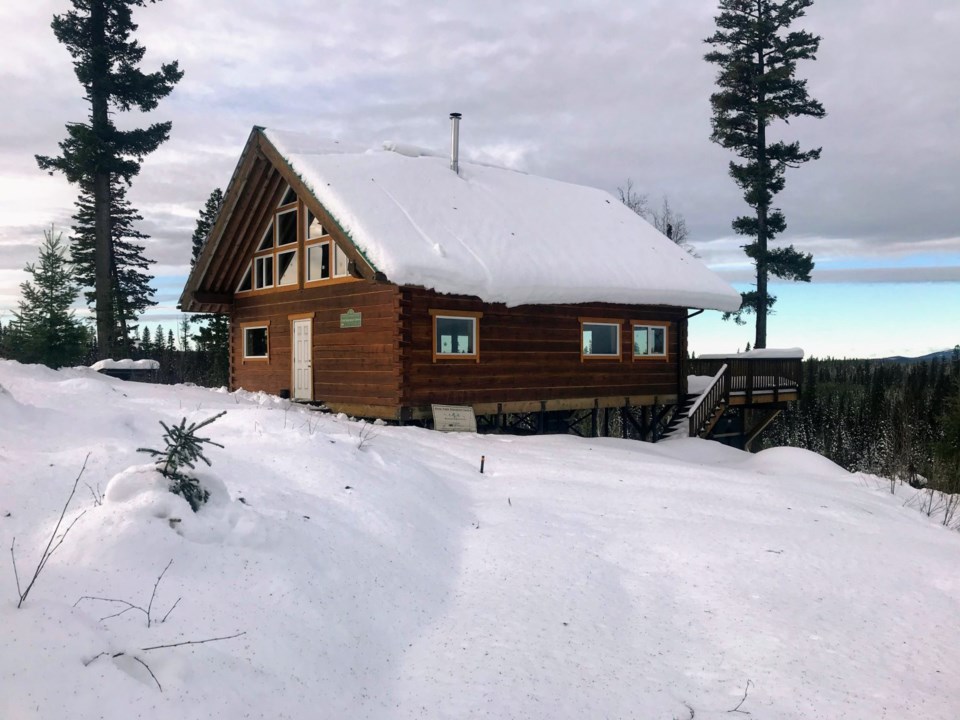The provincial government has strengthened its power to clamp on illegal activities in B.C.'s ecological reserves.
In a statement this week, it says the rewritten Ecological Reserve Regulation gives BC Parks rangers and other enforcement staff to authorities issue fines and pursue prosecutions against scofflaws.
B.C. is home to about 158 such reserves, and some have also been the scene of illegal activities such as tree theft to sell as firewood, built structures, and camping and vehicle access without proper permits.
"It is important that our provincial legislation gives BC Parks the power to ensure B.C.'s protected spaces are not threatened," Environment Minister George Heyman said in the statement. "This updated regulation will help protect B.C.'s critically important biological diversity and safeguard rare and endangered plants and animals in their natural habitat."
Regulations concerning the reserves were enacted in 1975, with no significant amendments since.
Other changes include adding bans on present-day activities such as smoking and flying drones within reserve boundaries, clarifying restrictions on the entry, use and occupancy of ecological reserves, transferring permit management responsibility from an administrator to the minister and providing the ability to set time limits, cancel or modify permits.
The reserves are areas set aside to preserve representative and special natural ecosystems, plant and animal species, features, and phenomena. While scientific research and education are the primary purposes, most are also open to the public for viewing or photographing wildlife.
Ecological reserves in the Prince George area include Tacheeda Lakes, Aleza Lake, Bednesti Lake, Chilako River, Nechako River, and Chunamon Creek.



